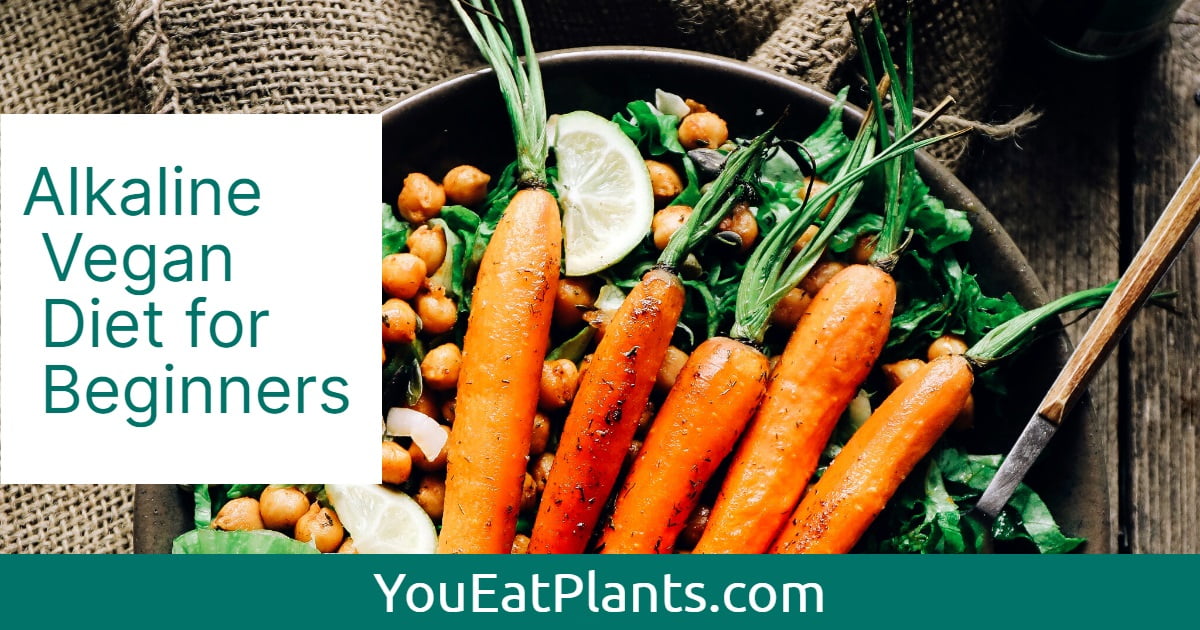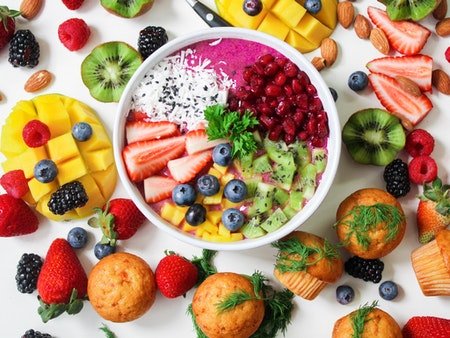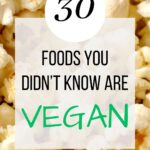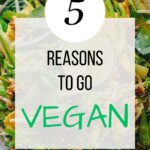
An alkaline vegan diet can be a healthy and nourishing way of eating for beginners, with the added benefit of promoting a healthy pH balance in the body.
In this post, we will explore the alkaline vegan diet, including what it is, how a vegan can become alkaline, what foods you can eat on the vegan alkaline diet, and more.
- What is the Alkaline Vegan Diet?
- Benefits of the Vegan Alkaline Diet
- Potential Drawbacks of the Vegan Alkaline Diet
- How Do Vegans Become Alkaline?
- What Can You Eat on an Alkaline Vegan Diet?
What is the Alkaline Vegan Diet?
An alkaline vegan diet is a plant-based diet that emphasizes foods that have a high pH and are believed to have a balancing effect on the body’s pH. It is based on the theory that the body’s pH level, which is a measure of its acidity or alkalinity, can be influenced by the types of foods we eat. According to this theory, a diet high in acid-forming foods can lead to an unhealthy acidity in the body, while a diet rich in alkaline-forming foods can help balance the body’s pH and promote overall health.
The pH scale ranges from 0 to 14, with 7 being neutral. A pH lower than 7 is considered acidic, while a pH higher than 7 is considered alkaline. The body’s pH is tightly regulated and must be maintained within a narrow range to support optimal health. A healthy body pH is slightly alkaline, with a pH of around 7.4.
The idea behind an alkaline vegan diet is that certain foods can affect the body’s pH balance and contribute to either acidity or alkalinity. According to proponents of this diet, an overly acidic diet can lead to a variety of health problems, including osteoporosis, muscle loss, and an increased risk of chronic diseases such as cancer and heart disease. By focusing on alkaline-forming foods and limiting acid-forming foods, the theory goes, it is possible to promote a healthy pH balance and improve overall health.

While the scientific evidence for the benefits of an alkaline vegan diet is limited, it is generally recognized that a diet rich in whole, plant-based foods can have a variety of health benefits. A vegan diet is naturally alkaline-forming because it is based on plant foods, which are generally high in alkaline minerals such as potassium, magnesium, and calcium. These minerals help balance the acidity of the diet and support the body’s natural pH balance.
Benefits of the Vegan Alkaline Diet
One of the benefits of following an alkaline vegan diet is that it can be a healthy and nourishing way of eating that supports the body’s natural pH balance and promotes overall well-being. Plant-based diets are rich in a variety of nutrients, including fiber, antioxidants, and phytochemicals, which can support a healthy immune system and protect against chronic diseases.
Vegan diets are also naturally low in saturated fat and cholesterol, which can help support heart health.
Potential Drawbacks of the Vegan Alkaline Diet
However, it is important to note that following a vegan alkaline diet may be more challenging for some people, particularly those who are new to veganism. It is important to consult with a healthcare provider or a registered dietitian to ensure that all nutrient needs are being met and to address any concerns or questions about following a vegan diet. It is also important to be mindful of potential nutrient deficiencies, such as protein, iron, and vitamin B12, and to include fortified foods or supplements as needed.
How Do Vegans Become Alkaline?
A vegan diet is naturally alkaline-forming because it is based on plant foods, which are generally high in alkaline minerals such as potassium, magnesium, and calcium. These minerals help balance the acidity of the diet and support the body’s natural pH balance.
To follow an alkaline vegan diet, it is important to focus on whole, unprocessed plant foods such as fruits, vegetables, legumes, nuts, and seeds. These foods are rich in nutrients and are low in acid-forming compounds. Some examples of alkaline-forming foods include leafy greens, broccoli, Brussels sprouts, sweet potatoes, avocados, almonds, and quinoa. It is also important to limit or avoid acid-forming foods such as grains, dairy products, and processed foods, which can be more challenging on a vegan diet.
In addition to eating a variety of alkaline-forming foods, it is important to stay hydrated and drink plenty of water to support the body’s natural pH balance. Water can help flush out excess acid from the body and maintain a healthy pH balance. It is also recommended to limit the intake of caffeine, alcohol, and processed sugars, as these can contribute to acidity in the body.
Overall, a vegan alkaline diet can be a healthy and nourishing way of eating for beginners, with the added benefit of promoting a healthy pH balance in the body. It is important to focus on whole, unprocessed plant foods, stay hydrated, and limit acid-forming foods and beverages to support optimal health and well-being.
What Can You Eat on an Alkaline Vegan Diet?
An alkaline vegan diet is a plant-based diet that emphasizes foods that have a high pH and are believed to have a balancing effect on the body’s pH. It is based on the theory that the body’s pH level, which is a measure of its acidity or alkalinity, can be influenced by the types of foods we eat. According to this theory, a diet high in acid-forming foods can lead to an unhealthy acidity in the body, while a diet rich in alkaline-forming foods can help balance the body’s pH and promote overall health.
To follow an alkaline vegan diet, it is important to focus on whole, unprocessed plant foods that are rich in alkaline minerals and low in acid-forming compounds.
Alkaline Vegan Diet Food List
Here is a list of some alkaline-forming foods that can be included in an alkaline vegan diet:
- Leafy greens: Spinach, kale, collard greens, and other leafy greens are high in alkaline minerals and low in acid-forming compounds. They are also rich in nutrients such as fiber, vitamins, and minerals.
- Cruciferous vegetables: Broccoli, Brussels sprouts, and cauliflower are high in alkaline minerals and are a good source of fiber and nutrients.
- Fruits: Fruits such as apples, bananas, and pears are high in alkaline minerals and can help balance the acidity of the diet.
- Legumes: Beans, lentils, and chickpeas are high in alkaline minerals and are a good source of protein, fiber, and nutrients.
- Nuts and seeds: Almonds, sunflower seeds, and pumpkin seeds are high in alkaline minerals and are a good source of healthy fats and nutrients.
- Grains: Quinoa and millet are high in alkaline minerals and can be a good alternative to acid-forming grains such as wheat and rice.
It is also important to limit or avoid acid-forming foods such as grains, dairy products, and processed foods, which can be more challenging on a vegan diet. In addition to eating a variety of alkaline-forming foods, it is important to stay hydrated and drink plenty of water to support the body’s natural pH balance. It is also recommended to limit the intake of caffeine, alcohol, and processed sugars, as these can contribute to acidity in the body.
Overall, an alkaline vegan diet can be a healthy and nourishing way of eating that supports the body’s natural pH balance and promotes overall well-being. It is important to consult with a healthcare provider or a registered dietitian to ensure that all nutrient needs are being met and to address any concerns or questions about following a vegan diet.
Lance has been passionate about the plant-based diet and we have been following a whole food plant-based diet for over 5 years. We focus on health, natural healing, weight management, animal rights, and the health of the planet and environment by focusing on whole plant-based foods and sustainable practices.
Learn more at the About Me page and follow on social media at the links below.






